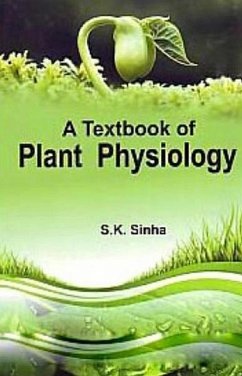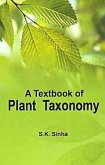Plant physiology is a subdiscipline of botany concerned with the functioning, or physiology, of plants. Closely related fields include plant morphology (structure of plants), plant ecology (interactions with the environment), phytochemistry (biochemistry of plants), cell biology, genetics, biophysics and molecular biology. Fundamental processes such as photosynthesis, respiration, plant nutrition, plant hormone functions, tropisms, nastic movements, photoperiodism, photomorphogenesis, circadian rhythms, environmental stress physiology, seed germination, dormancy and stomata function and transpiration, both parts of plant water relations, are studied by plant physiologists. The field of plant physiology includes the study of all the internal activities of plants"those chemical and physical processes associated with life as they occur in plants. This includes study at many levels of scale of size and time. At the smallest scale are molecular interactions of photosynthesis and internal diffusion of water, minerals, and nutrients. At the largest scale are the processes of plant development, seasonality, dormancy, and reproductive control. This book explores the recent developments in plant physiology with regard to the demands of students and teachers in the field. Topics like metabolism, Photosynthesis, respiration, nutrition, water balance, plant growth, movements, resistance against unfavourable abiotic and biotic effects etc., are discussed. This book is highly recommended for both graduate and undergraduate students.
Dieser Download kann aus rechtlichen Gründen nur mit Rechnungsadresse in A, B, BG, CY, CZ, D, DK, EW, E, FIN, F, GR, HR, H, IRL, I, LT, L, LR, M, NL, PL, P, R, S, SLO, SK ausgeliefert werden.









